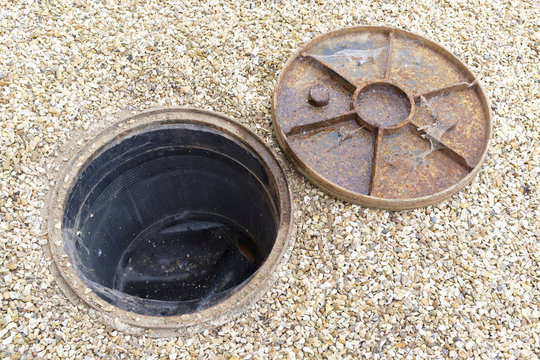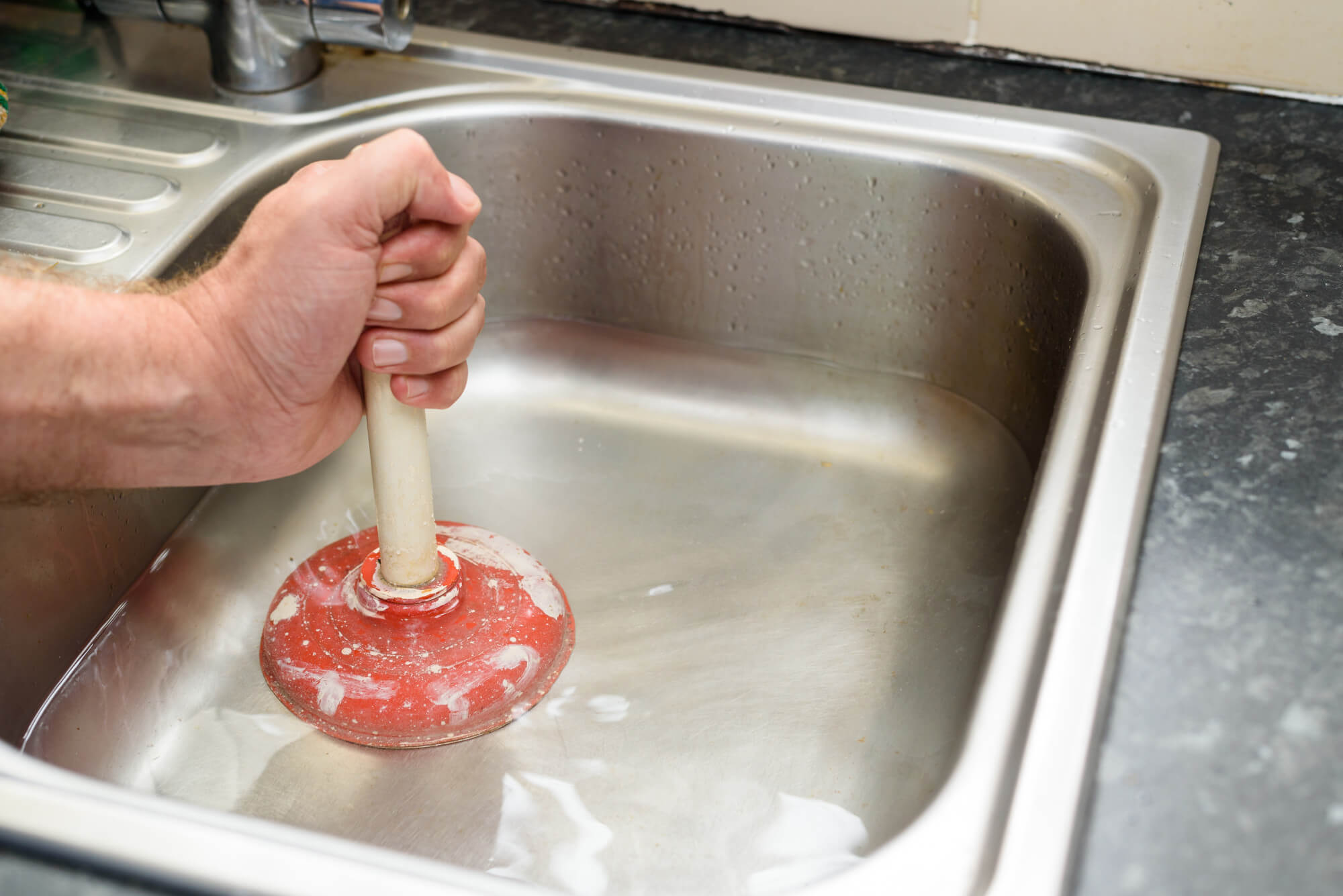Measures to Implement for Fixing a Blocked Drain Before Contacting Professional Plumbers
Measures to Implement for Fixing a Blocked Drain Before Contacting Professional Plumbers
Blog Article
How do you feel in relation to Tips for Dealing with Clogged Drains and Sewer Lines?

Introduction
Handling a blocked drainpipe can be an irritating experience, interfering with daily activities and potentially triggering damage to your home. However, before reaching out to pipes professionals, there are actions you can require to address the problem yourself. In this guide, we'll discover DIY options and preventive measures to take on a blocked drain successfully.
Recognizing the Problem
The primary step in addressing an obstructed drainpipe is identifying the indications. Slow drain, gurgling noises, foul odors rising from drains pipes, or water backing up prevail indications of a blocked drain. Identifying these indications early can assist protect against additionally problems.
Typical Reasons For Blocked Drains
Understanding the aspects that contribute to drain pipes clogs is essential for efficient resolution. Common offenders include hair, soap residue, grease, food debris, and foreign items like hygienic items or paper towels. Tree roots getting into underground pipes can also cause significant clogs.
DIY Solutions
For minor clogs, a number of do it yourself options can be efficient. Putting boiling thin down the drainpipe can aid liquify oil and debris. Sodium bicarbonate and vinegar or a combination of salt and cooking soda can function as all-natural cleaners. Utilizing a bettor or pipes snake to remove obstructions is one more alternative.
Devices and Tools
Having the right tools on hand can make DIY drain cleaning up much more effective. A plunger is a functional device for removing obstructions in sinks, toilets, and showers. A plumbing serpent or auger can get to much deeper clogs, while drain cleansing chemicals can be used cautiously for persistent clogs.
Preventive Measures
To stay clear of future blockages, embracing safety nets is critical. Mount drain guards or filters to capture hair and particles before they get in the pipelines. Routinely flush drains with warm water to liquify oil accumulation, and prevent dealing with grease or solid waste down the drain.
When to Call a Professional
While DIY solutions can solve minor blockages, specific signs suggest the requirement for expert support. Persistent obstructions, foul odors in spite of cleansing efforts, or numerous drains pipes backing up simultaneously are red flags that call for skilled intervention.
Selecting the Right Plumbing Solution
When selecting a plumbing service, take into consideration factors such as experience, licensing, and customer reviews. Pick a respectable plumbing professional with a record of quality craftsmanship and transparent rates methods.
Cost Factors to consider
The cost of specialist drain cleaning services can vary relying on the seriousness of the clog and the plumbing professional's prices. Request quotes from multiple service providers and ask about any kind of service charges to make sure transparency and stay clear of surprises.
Safety and security Precautions
When trying DIY drain cleaning, focus on safety and security. Use safety gloves and eyewear to prevent contact with damaging chemicals or bacteria. Never mix different drainpipe cleansing items, as this can produce unsafe fumes.
Situation Studies
Real-life examples highlight the performance of DIY remedies and the significance of timely expert treatment in resolving drainpipe blockages.
Final thought
By following the ideas outlined in this guide, you can efficiently deal with obstructed drains and stop future plumbing issues. Whether choosing DIY solutions or looking for expert aid, punctual activity is key to maintaining a healthy and balanced plumbing system and protecting the honesty of your home.
HOW DO PLUMBERS AND DRAINAGE EXPERTS CLEAR BLOCKED DRAINS?
Most of us have dealt with a backed up drain at some point in our lives! Whether it’s in our home or at our business, when the toilet begins to overflow or the sink doesn’t drain properly, we ultimately seek help from professionals to clear wastewater lines and get things flowing again.
Sure, you can attempt every possible drain hack in the hopes that your line clears but, often, it’ll require more than just pouring something down the drain. Keep in mind too, that pouring acid-based liquid cleaners down your drain can result in even more problems. If unable to clear – and pass through – the clog, it’ll sit in the line and begin to eat away at the pipe. Calling a plumber or professional to clear your drain might be your last resort but it’s the proven result. So, what do they do, and what type of equipment do they use, to get rid of a blocked drain line?
How Do Plumbers And Drainage Experts Clear Blocked Drains?
To better understand exactly where the problem is located, experts will typically start with an assessment and a video sewer inspection. Using non-invasive equipment that enters and exits through the pipe, these cameras offer a look inside the pipe and can spot anything from buildup, to forming clogs, to tree roots to small holes that could be a future problem – in real-time. It can see up to 150 feet of even the hard-to-reach places of the line, so there’s nowhere to hide.
https://www.zoomdrain.com/blog/2023/january/how-do-plumbers-and-drainage-experts-clear-block/

As a keen person who reads on 8 Tips For Clearing A Blocked Drain, I was thinking sharing that excerpt was a smart idea. Appreciated our piece? Please share it. Help others check it out. Thanks a lot for going through it.
Book Report this page